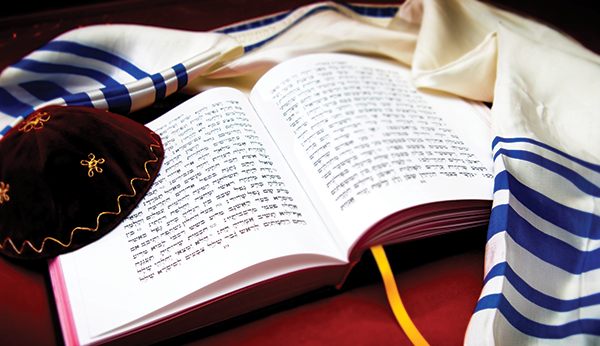The Special Responsibilities of a Nation of Priests
Parashat M'tzora is about otherness. It describes skin conditions that required an ancient Israelite to live temporarily outside the camp. Reading this portion makes many of us uncomfortable. We are uncomfortable because of its topic, skin diseases and their remedies; we disagree with its basic premise that ritual acts of


